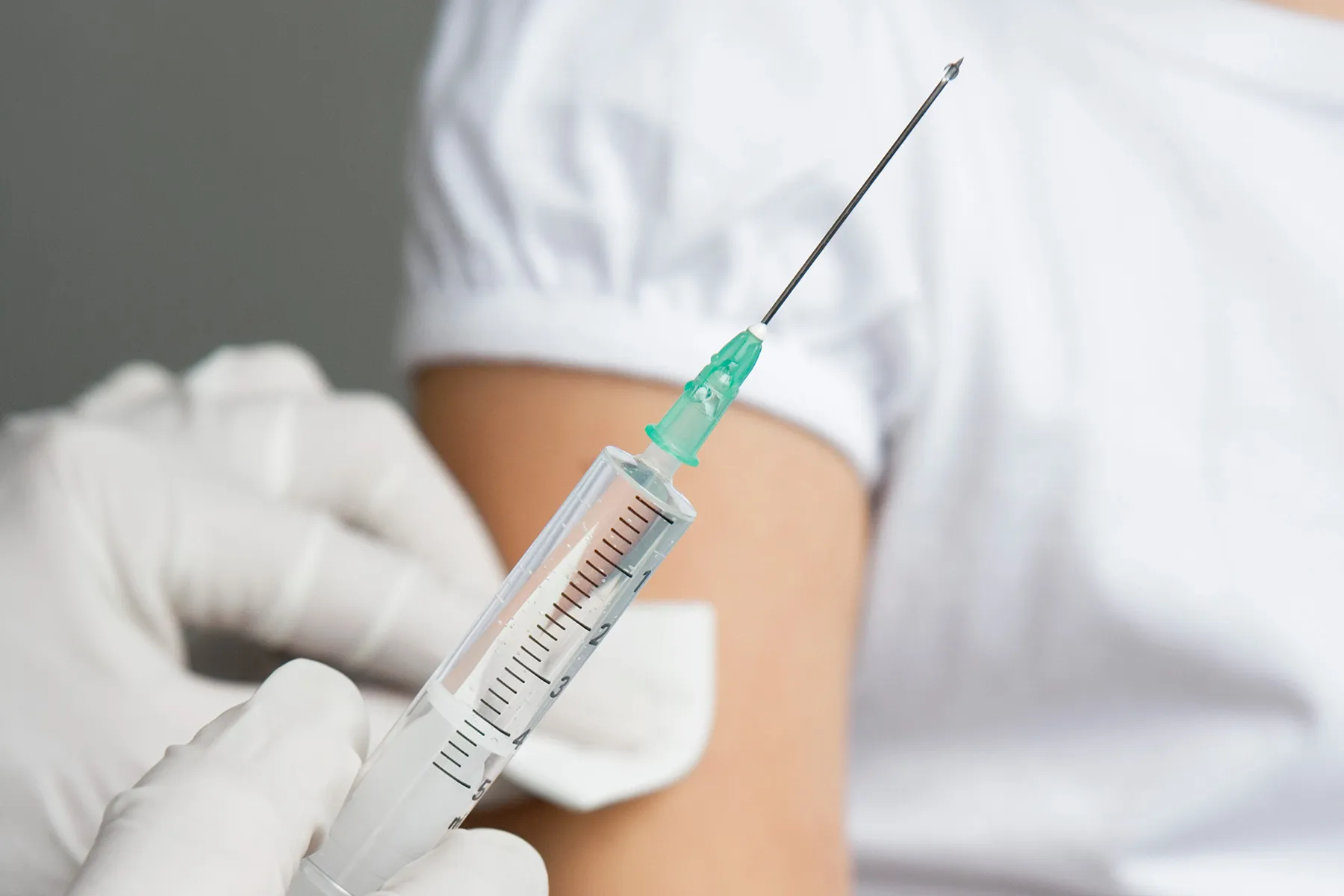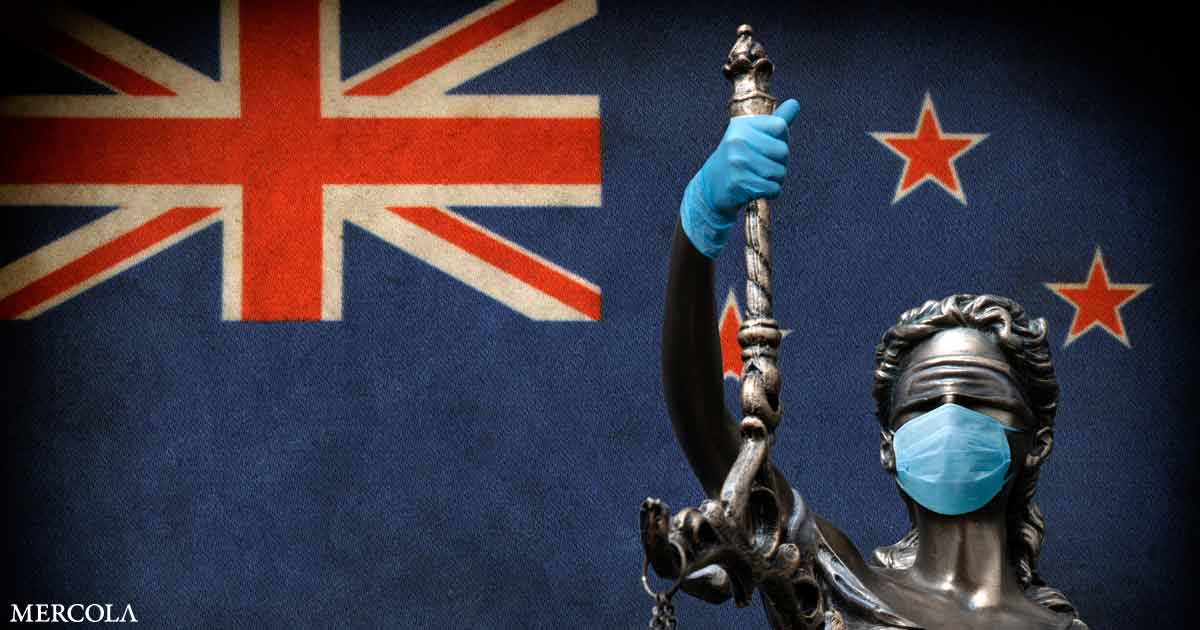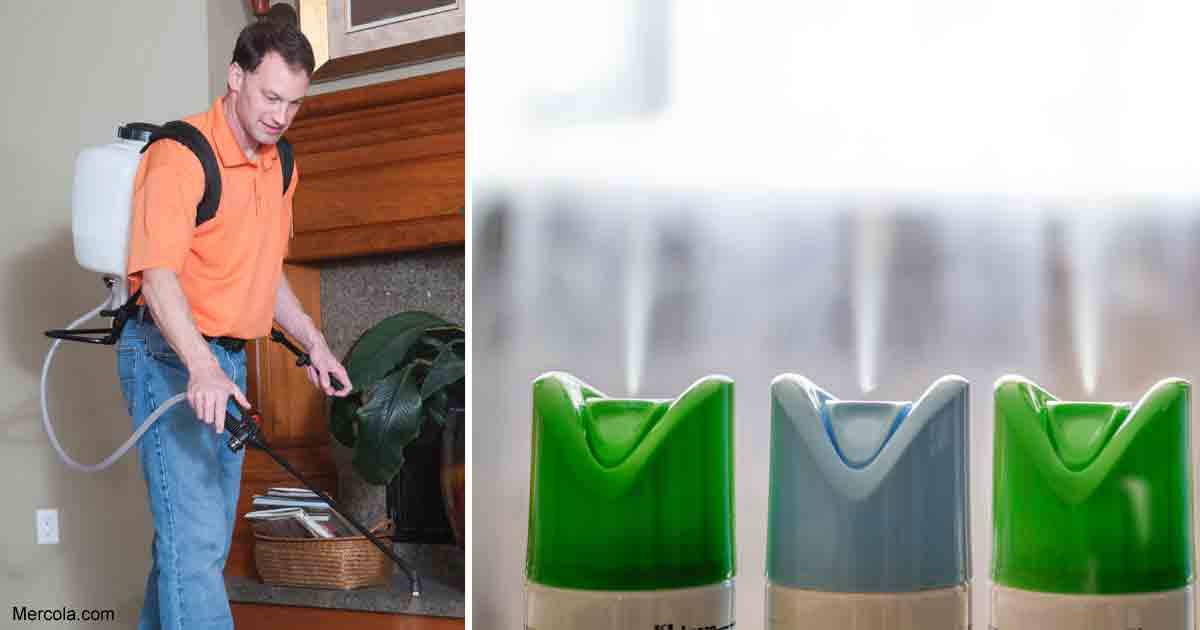
[ad_1]
Jan. 12, 2022 — A recent headline about dramatic reductions in cervical cancer among young women as a result of the HPV vaccine did not tell the whole story of how vaccination could also have an impact on many other cancer types.
Even with the good news of cervical cancer rates dropping dramatically, HPV is still associated with a wide range of other cancers, says Daniel Kelly, RN, PhD, co-chair of the HPV Action Network of the European Cancer Organization.
HPV is also associated with anal, penile, vaginal, vulval, and throat cancers, rates of which have been increasing in recent years.
As HPV vaccination in girls has already had such a profound impact on cervical cancer rates, it is expected that universal HPV vaccination (of boys as well as girls) would also cause a shift in the relative rates of these other cancers, Kelly says.
“These are difficult cancers to treat,” Kelly says, and they are also difficult cancers in terms of the impact they can have on everyday activities.
For someone with head and neck cancer, “you might take away their ability to speak, to swallow,” while penile cancer“is certainly very devastating to men who are diagnosed.”
In order to highlight the impact of these cancers, and to raise awareness of universal HPV vaccination for boys as well as girls, Kelly’s group launched a series of testimonies that illustrate how doctors may initially miss a diagnosis of HPV-related head and neck cancer.
For Rachel Parsons, 37, a mother of five, it took half a year to get a diagnosis of oral cancer. She spent that 6 months being shuttled back and forth between her family doctor and her dentist with a growing and painful mouth ulcer.
She still considers herself lucky.
After surgery lasting over 9 hours, her cancer was removed. However, the next year saw her going in and out of hospitals for surgical complications, and that put a strain on her marriage to her firefighter husband, Tim.
“We drifted apart to the stage of thinking: You know what, I don’t want to be with you anymore,” Parsons says.
It was only after they had a talk with the minister who married them, and a firefighters’ charity organized child care so they could have a few days away from their children, that the couple started to find a way to communicate.
“That was sort of the making of us getting back together after cancer nearly destroyed us,” Parsons says. “I know so many people where cancer has literally ruined their relationship, so we were very lucky that we didn’t let cancer beat us.”
Now she campaigns tirelessly with the Mouth Cancer Foundation to raise awareness of HPV and HPV-related oral cancer. “It’s very important that people are more aware about HPV and I am very active in trying to get people to listen,” Parsons says.
Another of the testimonies comes from Josef Mombers, who was given a diagnosis of HPV-related cancer of the penis 3 years ago, at 57 years of age.
He says the worst thing was having to tell his children, and realizing that “my grandson, who was 5 months old at the time, would maybe never have any memories of me.”
He says he went through a type of grieving process, and the disease and its treatment had medical, emotional, social, professional, and sexual impacts, especially after he had to undergo a penectomy.
“Whereas sex should, ideally, be a mix of physicality and intimacy, there is a clear shift towards intimacy after such an operation … and both partners have to learn from scratch how to deal with the new situation,” he says.
And yet he remains positive.
“I would say to other patients, no matter how bad your prognosis, you still have a chance,” he says. “A 5-year prognosis of 10% means just that: 1 out of 10 will be still alive after 5 years.”
“Just one, but it is one, so why can’t it be you?”
A third testimony is from Jill Bourdais, an American living in Paris and a former reporter turned psychologist. She describes how 25 sessions of radiotherapy after she was diagnosed with anal cancer in her 80s “really did me in.”
“It was really very debilitating, and I ended up in hospital for a week at the end of that,” she says.
Although her husband was very supportive, she found there was very little information available in France and so she turned to the Anal Cancer Foundation for support.
The foundation was launched by Tristan Almada alongside his sisters, Justine and Camille, after their mother Paulette was diagnosed with stage IV anal cancer in March 2008 at just 51 years of age.
“It had already spread to her lymph nodes,” Almada says. This meant that the best available treatment at the time was “an antiquated chemotherapy cocktail from the 1970s.”
Despite initially good results, her disease recurred and, within 6 months, “she was gone.”
The devastation at her loss soon gave way to “anger and rage” that the treatment options were so limited, which compelled the siblings to launch the foundation.
They learned soon afterward that there was “an easy way to prevent what happened to our family to happen to anyone in the world ever again,” which was through “universal HPV vaccination.”
That led them on a journey of understanding why an organization like theirs “needed to exist in the first place, because in theory, you have this nasty thing, HPV, which causes cancer in both men and women … but also thanks to human ingenuity, you have a vaccine.”
Consequently, since 2010, the foundation has been focused on highlighting universal HPV vaccination, “and we have a very clear ambition, which is to rid the world of HPV and prevent all cancers caused by HPV.”
Universal Vaccination: Boys as Well as Girls
Universal vaccination means ensuring that boys are vaccinated as much as girls.
“There is no question that the effectiveness of HPV vaccination is markedly improved” by vaccinating boys, says Leslie R. Boyd, MD, director of the Division of Gynecologic Oncology at NYU Langone Health.
“What happens without vaccination is that you have this pool of carriers … and so to get to a full protection of the population, vaccinating boys is critical,” she says.
Obviously, boys are not at risk from cervical cancer, but they do face an “extreme risk” of developing head and neck cancer from exposure to HPV, and so they would “definitely benefit,” she says.
“It’s clear from an epidemiologic perspective,” Boyd says, that cervical cancer will be “far outpaced by head and neck cancer in terms of HPV cancer burden sometime in the next decade.”
This, she explains, is because HPV vaccination is “far more prevalent” in women, whereas head and neck cancer as a disease “is far more prevalent amongst men.”
“So there is a mismatch there, and there’s no routine screening for head and neck cancer, so for both of those reasons, we can expect to see increases,” she says.
[ad_2]
Source link








